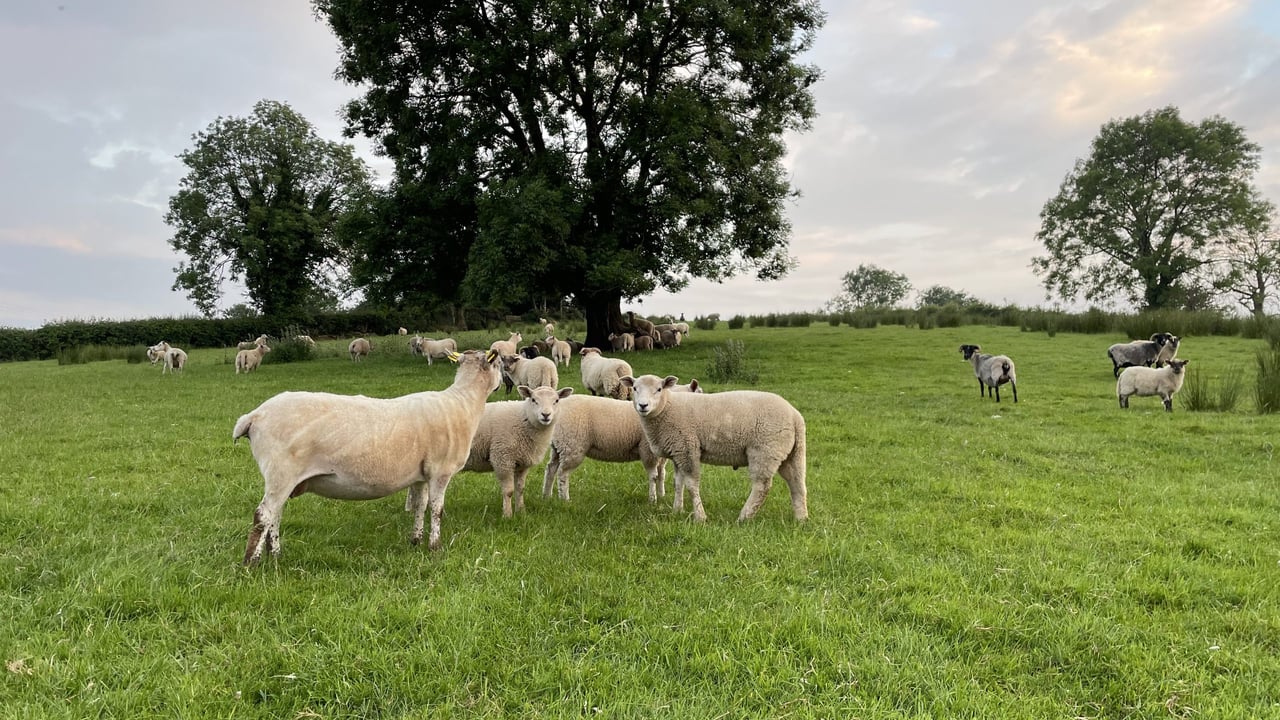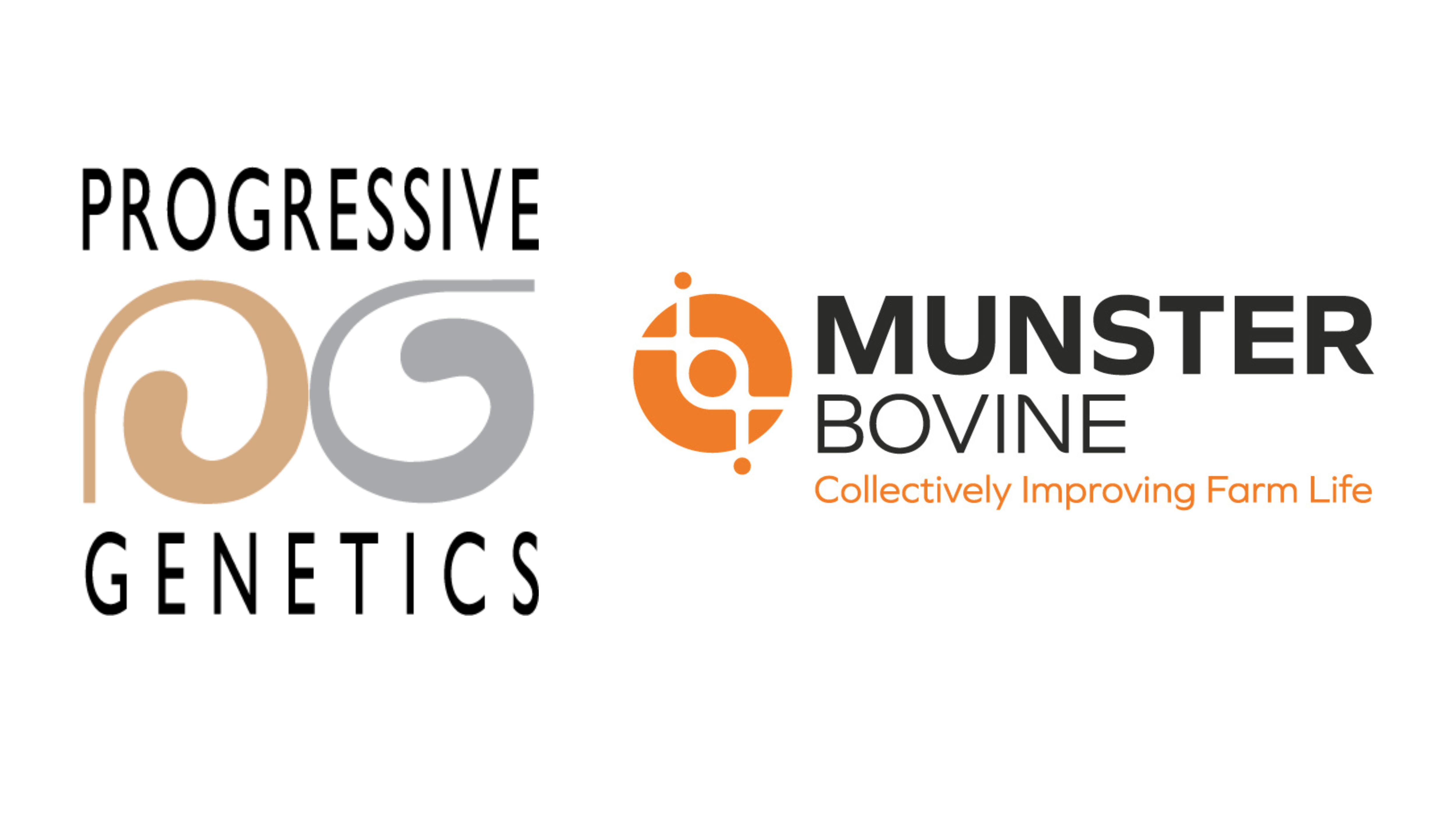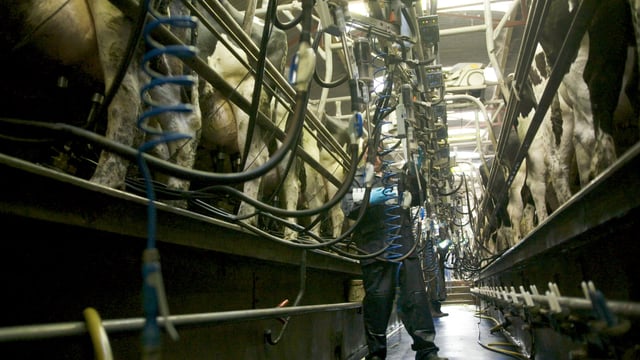'Compensation mechanism' sought by ICSA for farmers affected by dog attacks
A farmer representative organisation has told politicians that there is a need for a statutory compensation mechanism for farmers impacted by dog attacks.
The Irish Cattle and Sheep Farmers' Association (ICSA) said this is necessary to "ensure that farmers can recover not just the direct losses caused by irresponsible dog owners, but the full range of consequences that follow a dog attack".
"These incidents often result in aborted lambs, stress-induced flock infertility, serious injuries requiring veterinary treatment, long-term behavioural issues, and in some cases the permanent disruption of breeding programmes," the ICSA has said.
"The financial and emotional toll can be enormous - and it extends well beyond the animals killed in the moment.
"Too often, farmers are left without any recourse, even when the dog and its owner are clearly identified."
Willie Shaw, ICSA sheep chair, and Hugh Farrell, ICSA general secretary, joined other farm organisations to discuss dog control and sheep worrying with the Oireachtas Joint Committee on Agriculture and Food this afternoon (Wednesday, July 2).
The ICSA told the committee that "this is not a dog problem - it is a dog ownership problem".
"ICSA believes the response to this national problem must be built on four pillars: enforcement, identification, deterrence, and education," the organisation stated.
Separately the Irish Natura and Hill Farmers Association (INHFA) vice president John Joe Fitzgerald also informed the committee members of its petition that has been submitted to the European Parliament on the issue of dog control reform, outlining a number of issues and proposals.
The INHFA is seeking legislation banning non-working dogs from farmland, with exceptions for service dogs and traditional hunts.
The INHFA is also advocating for, among other things, a national database collating all information on dogs, including dog licence, microchipping and DNA samples from each dog, along with a government-funded, time-limited subsidy for DNA sampling.
Meanwhile the Irish Farmers' Association (IFA) sheep chair Adrian Gallagher told the committee that dog owners who fail to keep their pets under control should be disqualified from dog ownership.
He said that the escalating problem of dog attacks on livestock will not be solved unless there is a determined and focused approach from the authorities.
He said the "option exists for the courts to disbar ownership of protected animals if there is a failure to comply with welfare obligations in the Animal Health and Welfare Act 2013".
“Given the devastation caused by an increasing number of dog attacks on sheep in particular, zero tolerance has to be the policy.
"The Animal Health and Welfare Act sanctions should be extended to irresponsible dog owners who allow their pets cause this devastation on farms," according to Gallagher.
Gallagher said the critical issues include the absence of a proper database identifying dogs and their owners/person responsible for the dog, and enforcement of obligations on dog owners being "severely limited".
Gallagher said it is urgent to have all dogs in the country microchipped, registered to the owner and licensed in order to establish a national database for all dogs and their owners.
He said: "Without this information, enhanced legislation will not work as dogs are not linked or identified to a person responsible. This system must be accessible to enforcement bodies on both sides of the border to ensure that no dog or owner can go unidentified.
"A similar system is required in Northern Ireland to allow enforcement in border regions."
The IFA highlighted to the committee that it has recently met with colleagues in the Ulster Farmers' Union (UFU) on dog control.
"Currently dogs from either side of the border cannot be identified or tracked as there is no joined-up, all-island system in place," the association said.
"To address this, IFA and the UFU are calling for co-ordination and co-operation between authorities in both jurisdictions to establish a database that fully integrates licensing and microchipping information, clearly identifying the person responsible for each dog.
"This system must be accessible to enforcement bodies both sides of the border ensuring no dog or owner can evade identification," it added.





